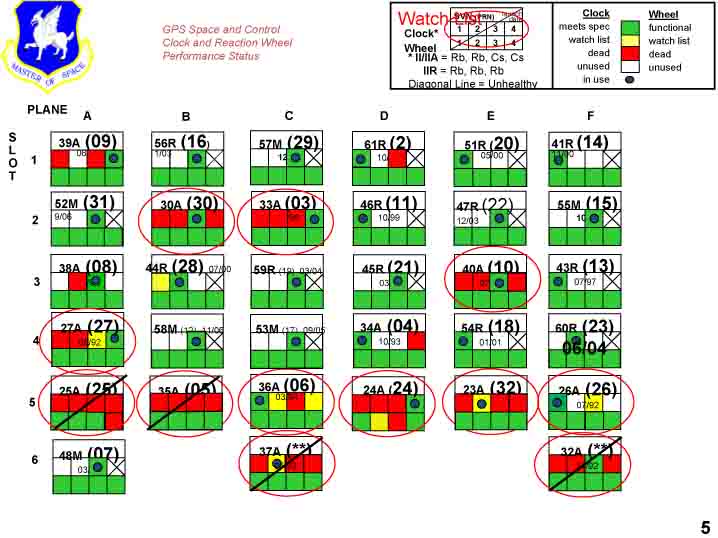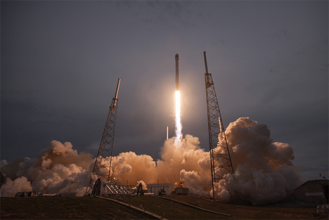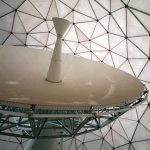
After a series of rescheduled launch dates, U.S. Air Force (USAF) officials have placed the final two GPS Block IIR-M satellites on “indefinite” status, pending the replacement of ordnance timers used in the Delta II launcher.
In a response to inquiries from Inside GNSS, spokespersons for the GPS Wing at the Space and Missile Systems Center, Los Angeles Air Force Base, and Launch and Range Space Wing said that “based on the parts production and qualification schedule, we project the GPS IIR launches will occur in Spring and Summer 2009.”
After a series of rescheduled launch dates, U.S. Air Force (USAF) officials have placed the final two GPS Block IIR-M satellites on “indefinite” status, pending the replacement of ordnance timers used in the Delta II launcher.
In a response to inquiries from Inside GNSS, spokespersons for the GPS Wing at the Space and Missile Systems Center, Los Angeles Air Force Base, and Launch and Range Space Wing said that “based on the parts production and qualification schedule, we project the GPS IIR launches will occur in Spring and Summer 2009.”
Originally scheduled for launch last June, the most recent launch date for the Block IIR-20(M), which will carry a payload that includes an experimental L5 signal, had been November 7. The first GPS follow-on generation (Block IIF) satellite, which also carries the L5 signal, still has not successfully completed prelaunch tests.
The United States faces an August 26, 2009, deadline for having the L5 signal transmitting from satellites in orbit in order to meet an International Telecommunications Union (ITU) requirement to secure the L5 frequency allocation. “The AF continues to assess the schedules for both IIR-20(M) and IIF-1, both hosting an L5 payload, to ensure the US meets the [ITU] spectrum deadline,” the USAF spokespersons said.
In a September 15 report to the Civil GPS Service Interface Committee (CGSIC), Lt. Joe Riedesel of the USAF 2d Space Operations Squadron at Schriever AFB, said that 12 of the 29 operational GPS satellites on orbit were being watched closely because they were down to the last of one of two key components —atomic clocks and reaction wheels. (See accompanying figure.)
The spokespersons said that the Aerospace Corporation has performed simulations of the projected lifetimes of the on-orbit constellation and believe the launch delays will not affect the sustainment of GPS services.
The questionable component is the 40-second timer that triggers separation of the third stage booster from the GPS space vehicle. The possible fault was detected in pre-launch testing of the IIR-20 at the Kennedy Space Center. Separation failure would prevent the GPS satellites from reaching orbit.
Meanwhile, the GPS Wing is reportedly taking advantage of the situation to finish some ground segment testing and operational installations.






